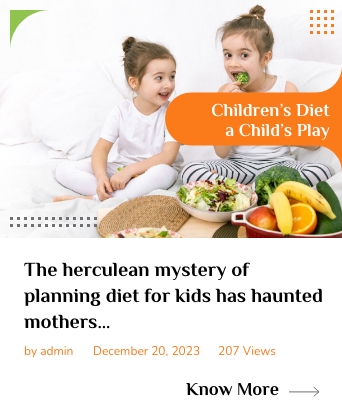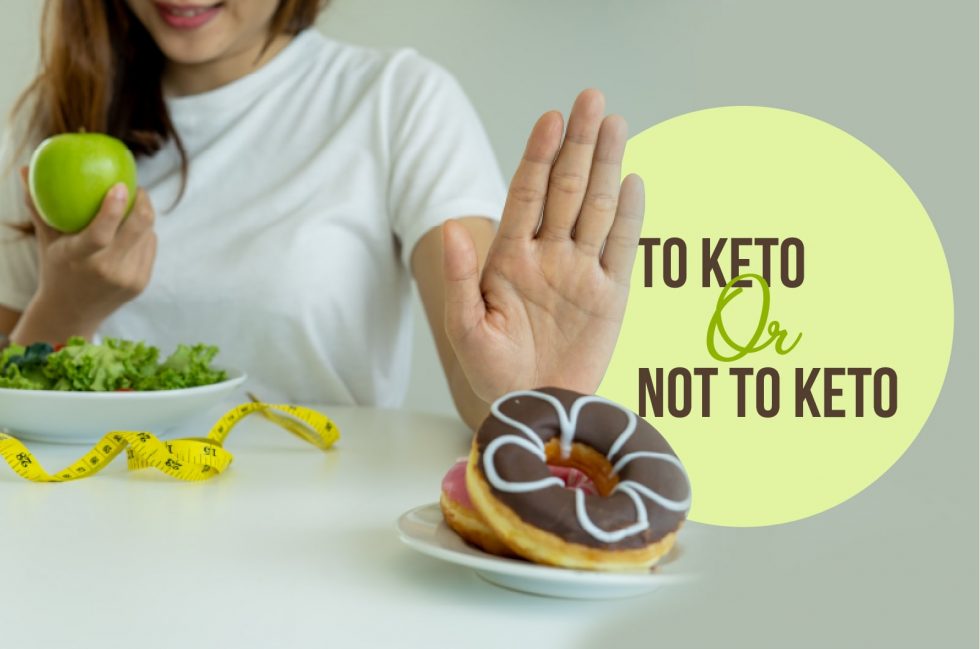-
About us
About the The Diet Xperts
At The Diet Xperts, we believe that there is no one-size-fits-all approach to health and wellness. That’s why we take the time to understand your individual needs and goals, and develop a customized plan that is right for you.
At The Diet Xperts, we believe that there is no one-size-fits-all approach to health and wellness. That’s why we take the time to understand your individual needs and goals, and develop a customized plan that is right for you.
-
Offerings
Disease Management
Beat PCOS and get back your confidence with our highly-rated PCOS programs
Boost your metabolism and lose weight sustainably with the power of better habits and personalized nutrition
Achieve your fitness goals while keeping your blood sugar and insulin consumption in check
- EXCLUSIVE WITH SIMRAT KATHURIA
- Weight Management Programs
- Therapeutic Diet
- Women Health Diet Plans
- Kids Nutrition
- Lactation Diet Plans
- Maintenance / Healthy Lifestyle
- Sports Nutrition
- Hair & Skin Health Consultation
- Pre-Wedding Diet Consultation
- Pregnancy and Post Pregnancy Diet Plan
- Corporate Wellness Program
Menu- EXCLUSIVE WITH SIMRAT KATHURIA
- Weight Management Programs
- Therapeutic Diet
- Women Health Diet Plans
- Kids Nutrition
- Lactation Diet Plans
- Maintenance / Healthy Lifestyle
- Sports Nutrition
- Hair & Skin Health Consultation
- Pre-Wedding Diet Consultation
- Pregnancy and Post Pregnancy Diet Plan
- Corporate Wellness Program
-
Resources
Resources
Explore our articles on nutrition, easy to make recipes, fitness, and more
Explore The Diet Xperts diverse catalogue of 100+ delicious, easy-to-make, and nutrition-packed recipes to make your fitness journey fun and flavourful
Have a question? Explore our FAQs section to know more










